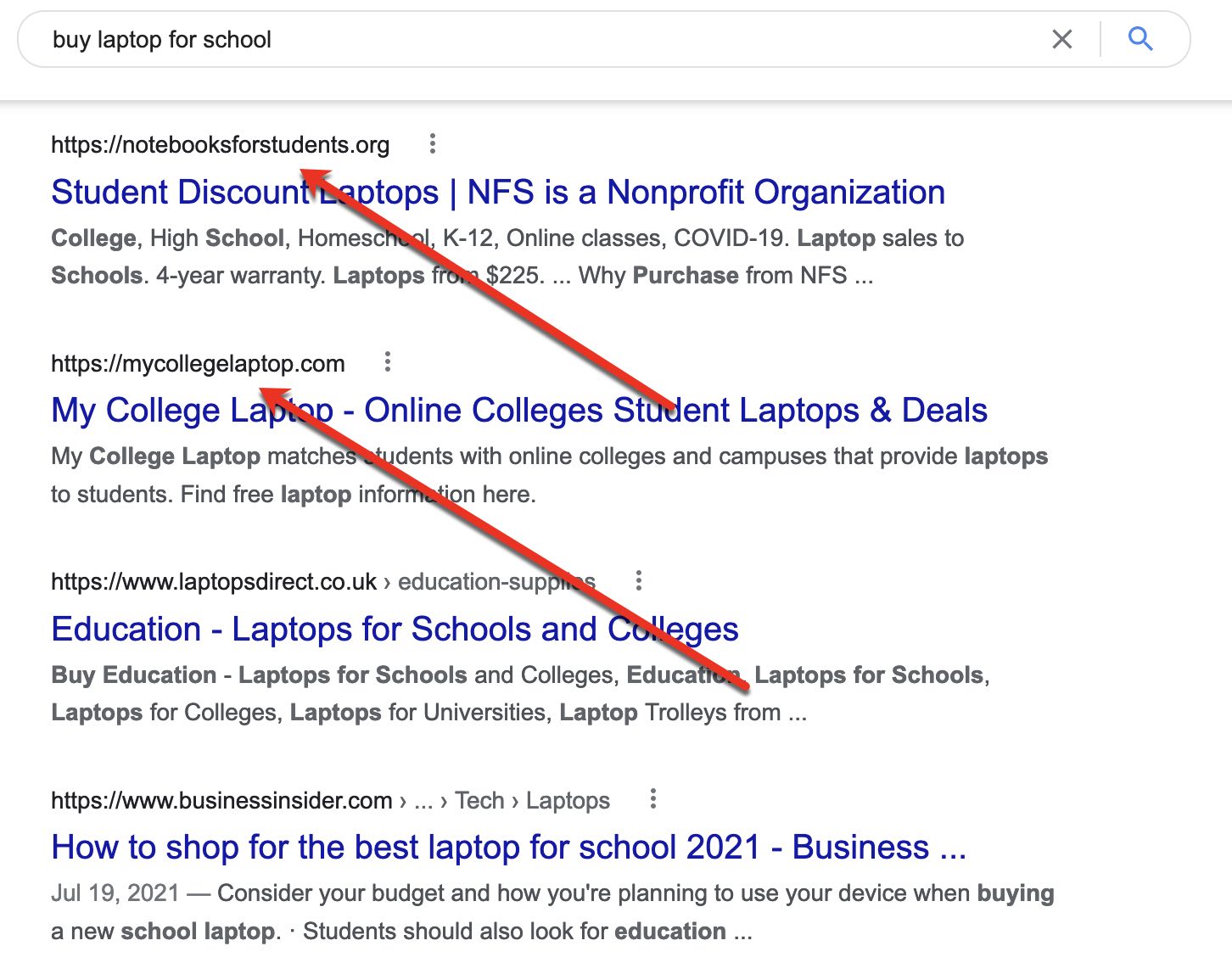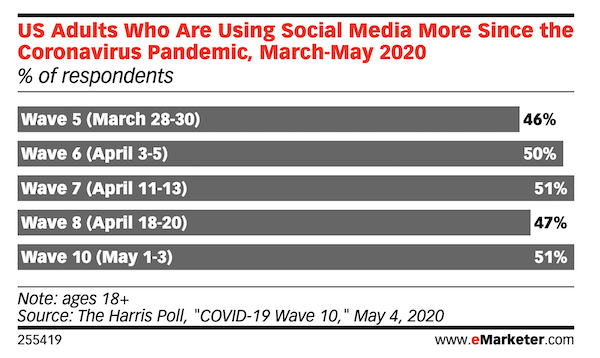Top-level domains (.com) are not a ranking factor. Several years ago, a .com domain provided SEO advantages, particularly for commercial-intent searches.
That is not to say that domain registration has no importance. For example, Google has stated that a change in domain ownership is a ranking factor. That implies that Google might use the registration to identify all domain names under the same owner.
Google will rely less on keyword matching with its new smart query processing algorithms. Thus exact-match domains or links are not viable SEO strategies long-term.
No Direct SEO Effect
“Domain authority” is an invention by SEO practitioners that has nothing to do with Google’s algorithm. Domain names do not aggregate backlink equity from all their pages. It is a myth that leads to poor marketing decisions.
However, local domains (e.g., .ca, .ru, .au) remain a strong ranking factor for local search results. For example, a searcher in Canada is more likely to encounter a .ca domain in the results.
It also implies there’s no point in investing in expired domains to claim their rankings or backlinks. Google will know those domains have changed owners and will devalue past signals.
Yet the myths remain. In this post, I’ll address the impact of domain names on organic search rankings.
Domain names are prominent in Google’s search-result snippets and can thus affect clicks. In this example, a search for “buy laptop for school” generates like-minded domain results: “Notebooksforstudents.org” and “Mycollegelaptop.com.”
Domain names once had a huge impact on organic visibility. An exact-match domain name could get you on page 1 for those terms within a matter of weeks.
Google removed the benefit of exact-match keywords in a domain name in 2011. But the algorithm change was gradual, and many search engine optimizers have clung to the belief.
Domain authority does not impact rankings. I’ve addressed the misplaced reliance of domain authority on SEO. The gist is that Google uses backlink metrics on a page level, never on a domain.
The domain name itself is not a ranking factor. We knew that, but Google’s John Mueller has recently confirmed it: There is no ranking bonus for keywords in a domain name.
Domain names do not directly impact organic rankings. But choosing a memorable name is still essential. An easy-to-remember domain improves branding and name recognition, which produce many ancillary benefits such as higher search-result clicks and better on-page engagement. Both are direct ranking factors.
Domain registration length is not a ranking factor. Another persistent SEO myth is to register a domain name for years in advance, supposedly signaling to Google your commitment to that site.
Domain age does not affect rankings. To my knowledge, Google never stated that its algorithm considers the age of a domain name.
But Google has said it doesn’t take this into account.
Arguably, a keyword-focused domain name could earn backlinks with those words in the anchor text. But it’s unlikely to occur often. Plus, the role of keywords in anchor text is slowly losing its ranking signals.
That is no longer the case. Google now treats all non-local domain names equally. Moreover, Google has stated that it ignores keywords in top-level domains, such as .attorney, .seo, .events.
Domain Names Remain Important
In short, choose a domain name not for SEO but for humans. Select a name that consumers will remember and associate with your company.


However, the branding benefits are likely diminishing with an ever-growing list of available top-level domains. The once-effective defensive domain registration (i.e., registering a brand on many top-level domains) is now next to impossible. Nonetheless, keep an eye on potential imposters. Brand-name searches are popular and worth optimizing.
Google personnel have confirmed the opposite on many occasions. Yet marketers even today seek second-hand domains, falsely believing age alone can help rankings.






